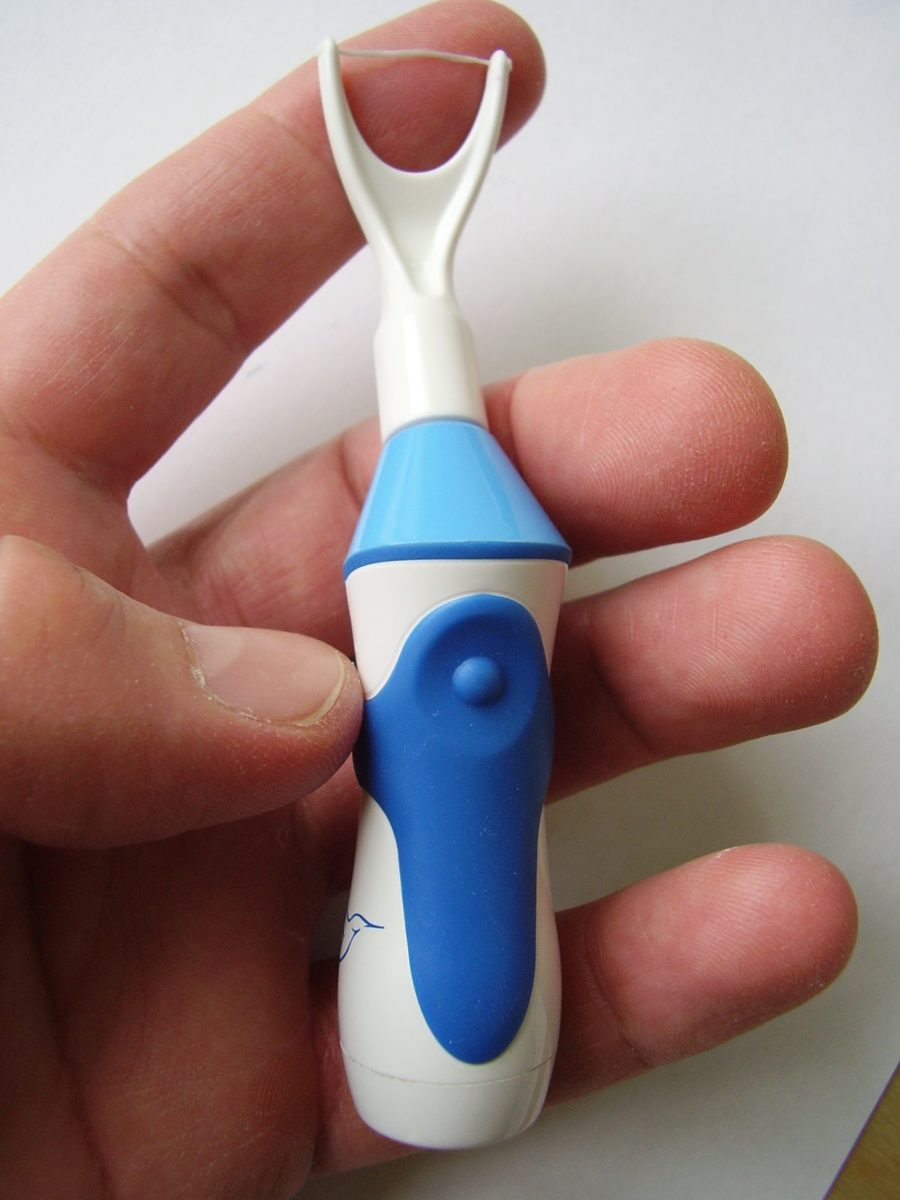
Do You Have a Bad Bite?
Here at Salmon Creek Family Dental, a General Dentist in Vancouver, Washington, we have many patients asking us about their oral health. One of the

Explore our blog to stay informed about the latest dental topics, tips for a healthier smile, and expert insights from our team. Whether you’re curious about treatments, oral care routines, or new advancements in dentistry, our blog has you covered!

Here at Salmon Creek Family Dental, a General Dentist in Vancouver, Washington, we have many patients asking us about their oral health. One of the
Missing teeth can disrupt the quality of life that you’ve dreamed of, but there’s no reason that you shouldn’t receive the dental treatment you deserve.

Since you were a little kid you heard people say “Eat your veggies,” since it’s widely known that getting more green in your diet is

If you feel increased stress, nervousness or anxiety when you think about visiting the dentist, then you’re probably dealing with dental anxiety. Avoiding a visit

Bad Breath, also known as halitosis, can result in awkward and embarrassing situations. However, it’s easy to fight bad breath with a few simple changes

Flossing is as important for good dental health as brushing our teeth, but what if you’ve never made flossing a regular part of your dental